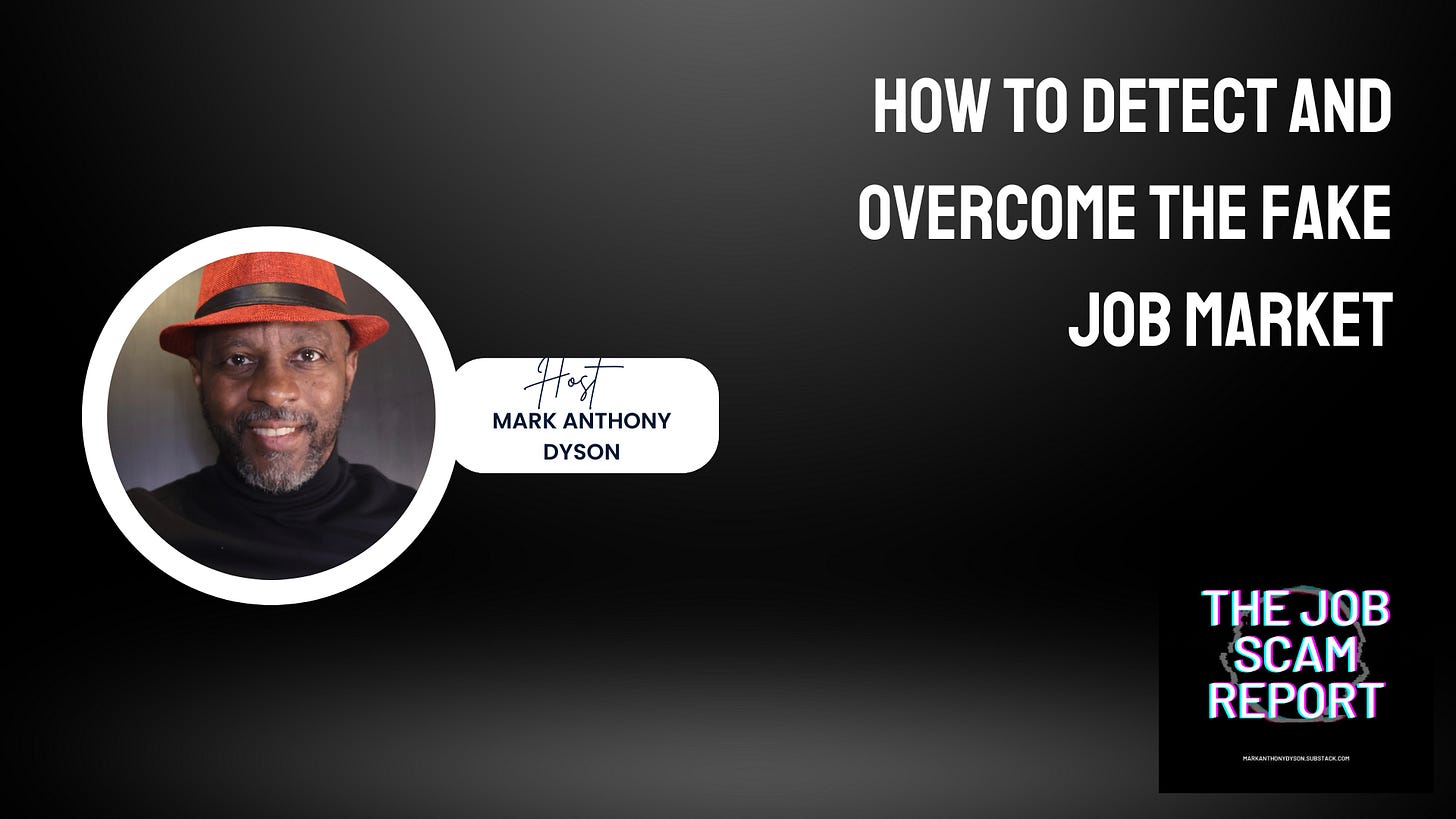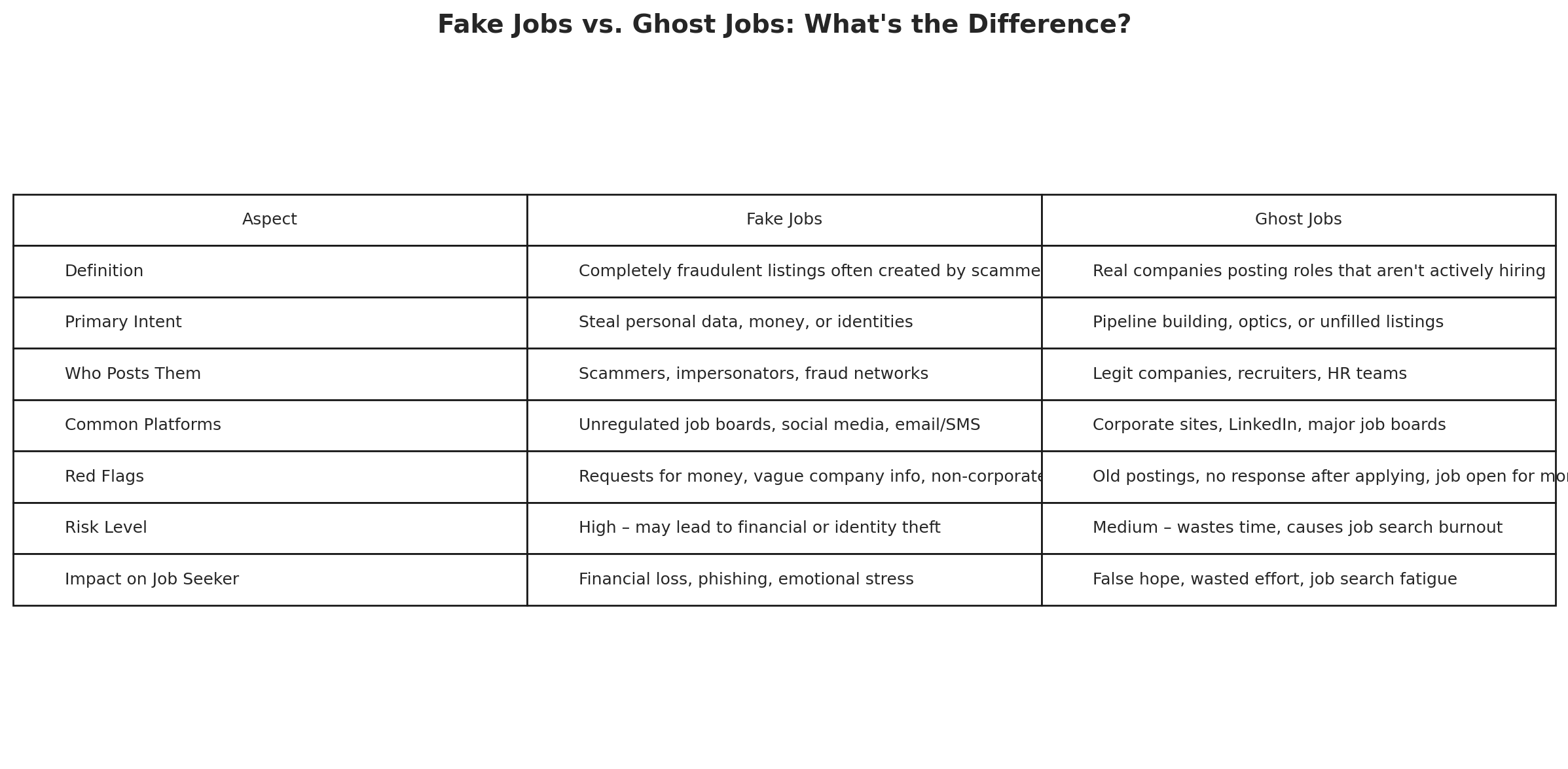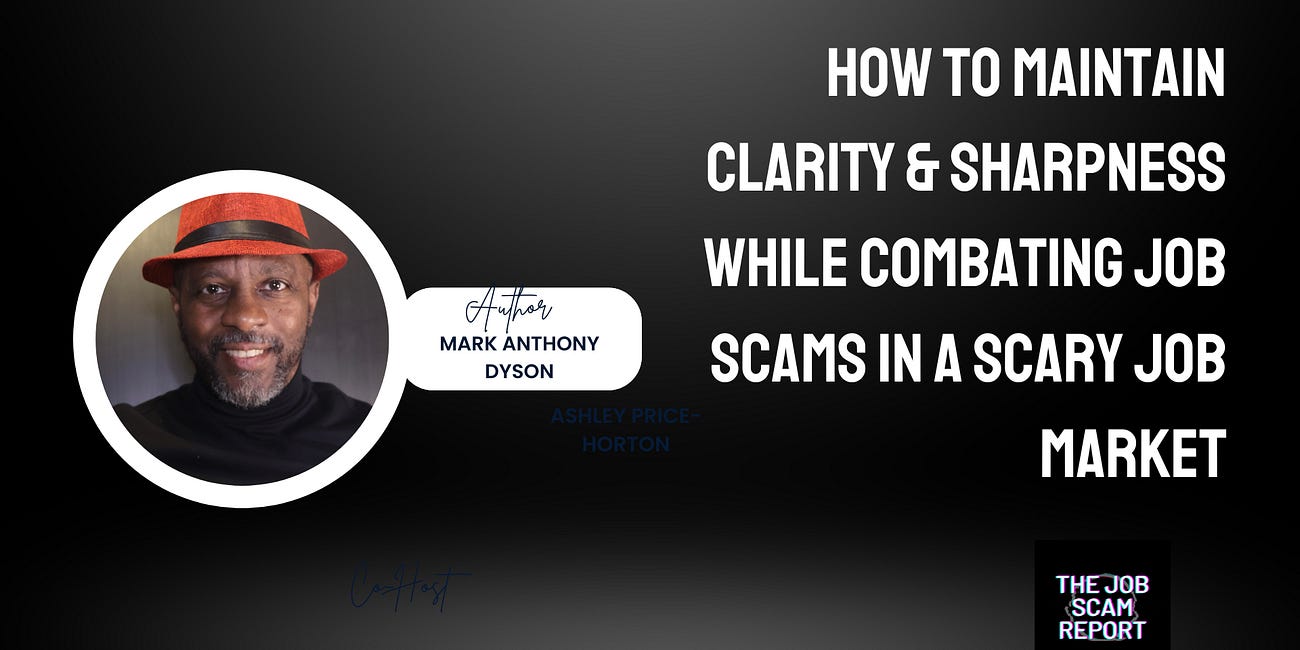Just like a landmine of explosives covered by dirt, in plain sight, the fake job market exists. Job seekers are fatigued by the numerous dead-end applications they’re filling out. Fake jobs from phony companies are listed on the same page as ghost jobs from legitimate companies, and the average job seeker now has to conduct due diligence before applying.
Right now, consider its present state the norm, with any change out of the question. I wish there were a fake job board. But, how would it be different than the ones now? A Greenhouse survey from last winter revealed 18%-22% of job boards list ghost jobs.
Fake jobs vs. ghost jobs
Let’s say it’s the job seeker’s fault they’re not researching companies before applying. Are they likely spending 20% or more of their time chasing the wind?
Blurred lines exist at first glance. Let’s define them:
Ghost jobs
Companies will post a job to fill their talent pool pipeline. They want options and want to fill their database. The company intends to use a data storage company to store resume information. Companies are also competing for talent, and more data offers a perception of being bigger than they are.
Fake jobs
It’s not a job at all, and the company is fake. The saying is true—a bad tree doesn’t bear good fruit. Many fake companies will copy a real company’s website and alter their site’s spelling slightly enough to mislead potential candidates.
Three of the most common red flags
Social Engineering is the driver of success for the parasites listing the fake jobs you see. The illusion begins with their understanding of what stressed, anxious, and desperate job seekers will do: they’ll do anything to make a living.
I list three common red flags here, but you’ll need the subscription to see the entire list:
Unrealistic Compensation: Be skeptical of jobs offering exceptionally high pay for minimal work or salaries disproportionate to the role or your experience level. Always ask questions about why a salary is unusually generous for posted positions.
Easy Apply” with High Pay: This combination is a classic scam indicator designed to attract many applicants quickly. It’s best to research the average salary before launching a job search to know the average for the state, region, and nation.
Vague or Poorly Written Job Descriptions: Job ads lacking specific details, grammatical errors, or using generic, jumbled, or robotic language.
Overcoming the fake job market
Many are telling you, “Don’t cry over what you can’t control.” While it hurts to hear what seems to be a lack of empathy, it’s true. We know good candidates are being overlooked. It’s unfortunate fake and ghost jobs are often confused with real opportunities.
The modern job search has changed to where the work to separate the chaff from the weeds must come first:
You must own your results with clarity, endurance, and discernment in equal portions. The more specific you narrow your search, the more willing you are to research to ensure your value matches the employer’s need, and the opportunity is truly something they’re looking for.
You must approach each company with a clear understanding of how to meet their specific needs. I’m not talking about fixing your resume and LinkedIn profile here. You’re essentially the prescription to their job description.
While I don’t buy the whole “hires are 80% from referrals” narrative, I do believe connecting to employees of your ideal company who can provide insider information about a company (who can also confirm they’re hiring) is a powerful tool. You can increase your chances if the person has worked with you previously and can speak to your abilities.
Prepare for interviews diligently. This step can also help you avoid scam interviews. If the interviewer is not forthright in confirming people you’ll meet with, then RUN! Confirm what type of interview you’ll participate in, whether it’s with one interviewer or a panel, or if it’s a virtual interview. Determine if a recruiter is calling for a phone screen or an actual interview (note that phone screens are not considered interviews).
No matter what phase it is, please don’t give your personal information until it feels right, you’ve done the research, and have no doubts the opportunity is legitimate. There are in-person job scams, too. The cautiousness is for your protection and well-being.
Don’t forget about these resources…
The following guides are now available to paid subscribers. To access all the platform’s content, consider getting a paid subscription. You can upgrade below:
The Anti-Job Scam Toolkit: Know & Avoid These Risky Red Flags
Job scams aren’t a passing trend—they’re a permanent threat in today’s job market. Just as you lock your front door to protect your home, you need a trusted defense system to safeguard your career search. That’s exactly what you get when you join The Job Scam Report
How To Maintain Clarity & Sharpness While Combating Job Scams In A Scary Job Market
In this special edition of “The Job Scam Report,” there are two paid membership content access. You received this special newsletter because your contribution helps keep this newsletter going. I hear from many of you regularly, whether you tag me on LinkedIn posts, send me direct messages, or share the content with your community.
Finally…
My friend Jon Shields runs the job board, Jobsearchdb. When you're looking for a job in a specific industry or career field, using job sites that focus on the types of jobs you're interested in can be a time-saver. The Job Search Database includes links to 1,000+ niche career sites, organized by category. Jobsearchdb is free.
















